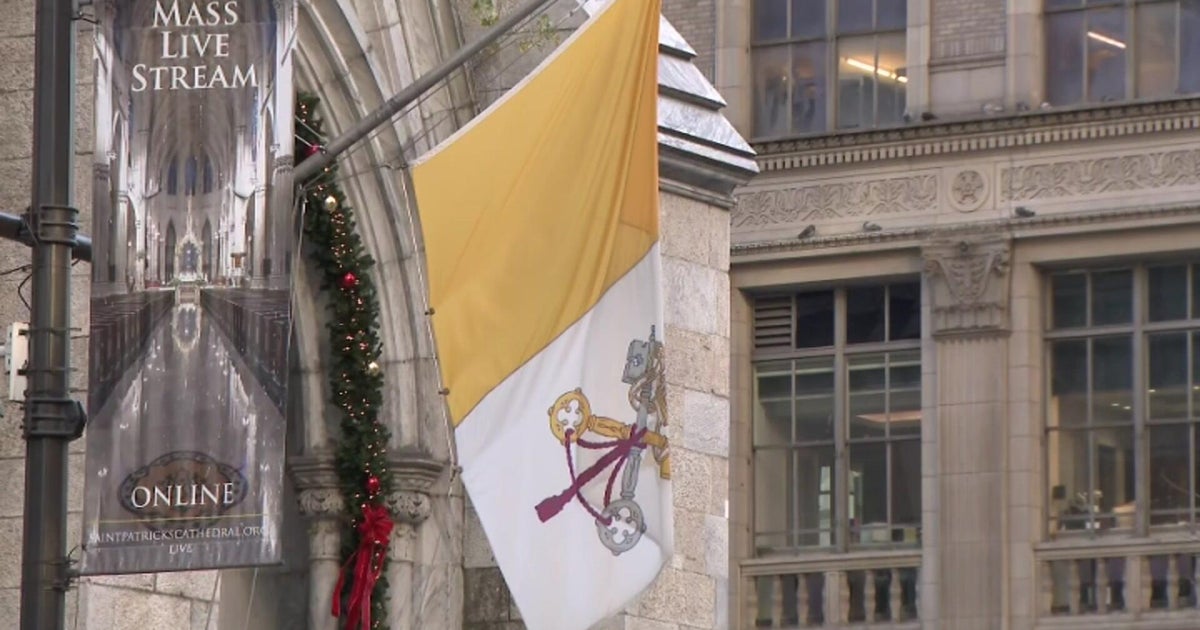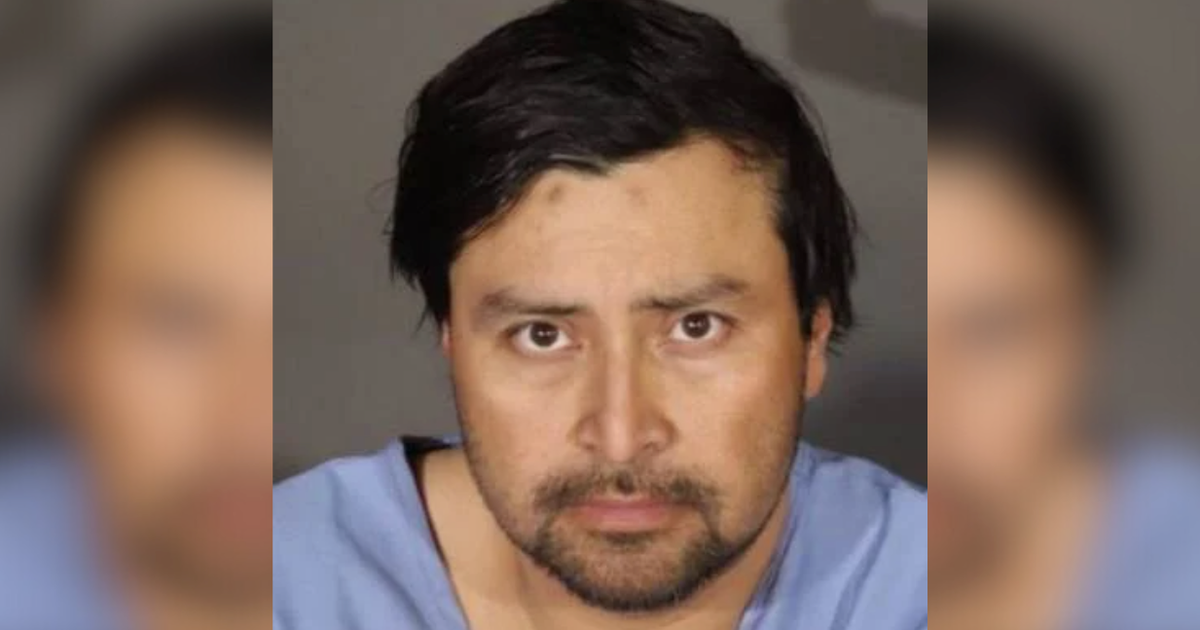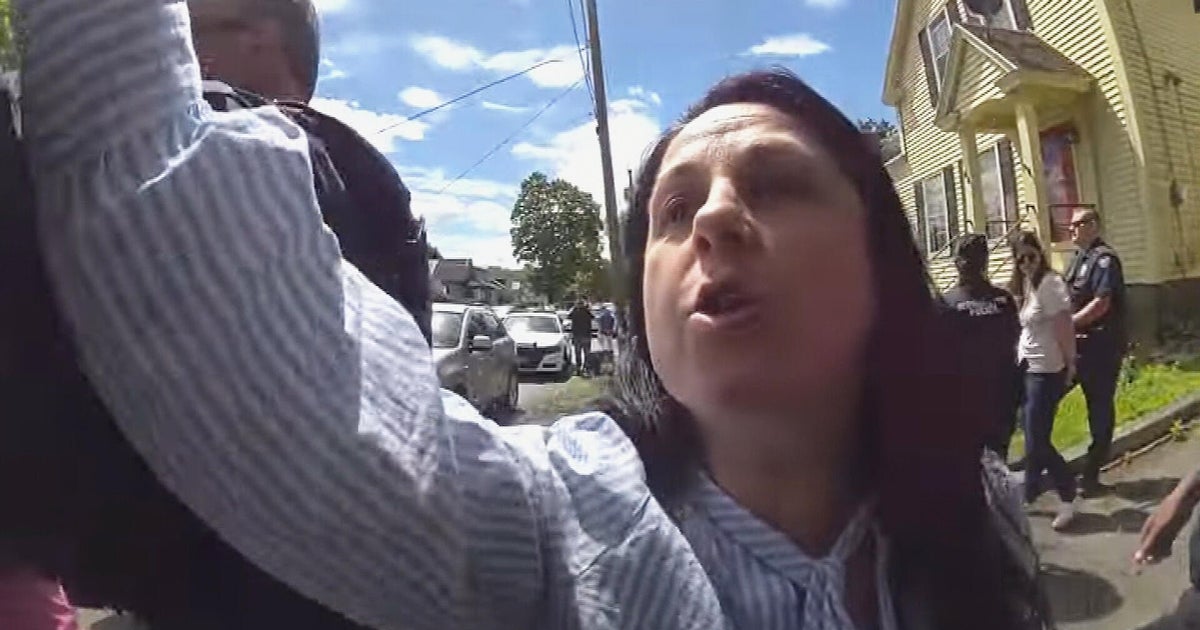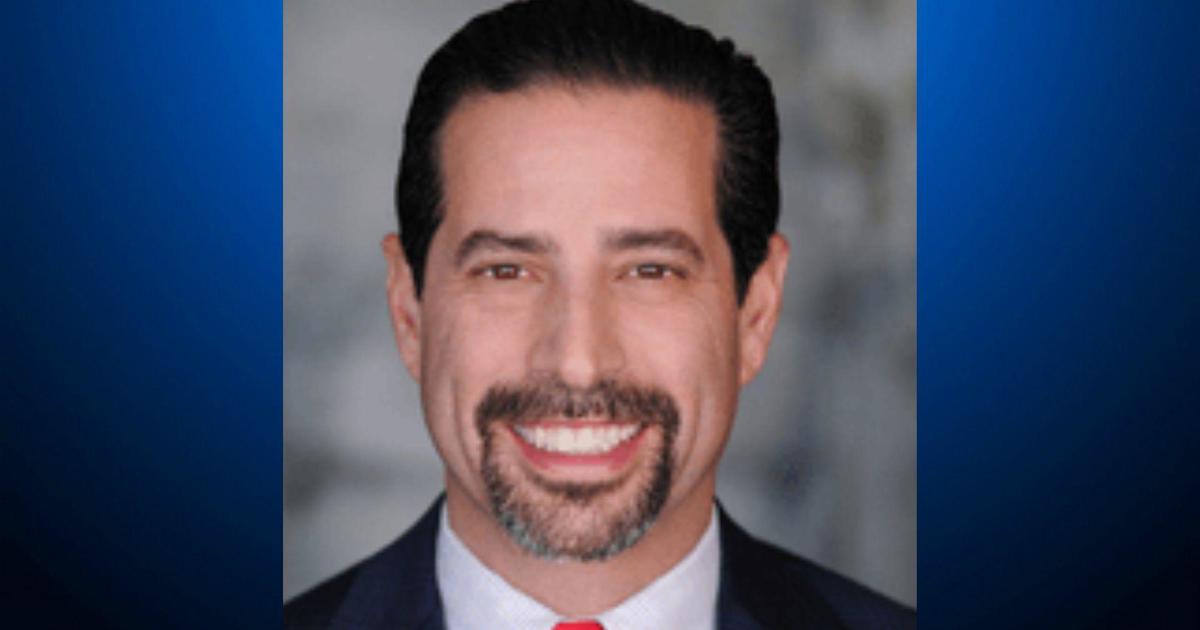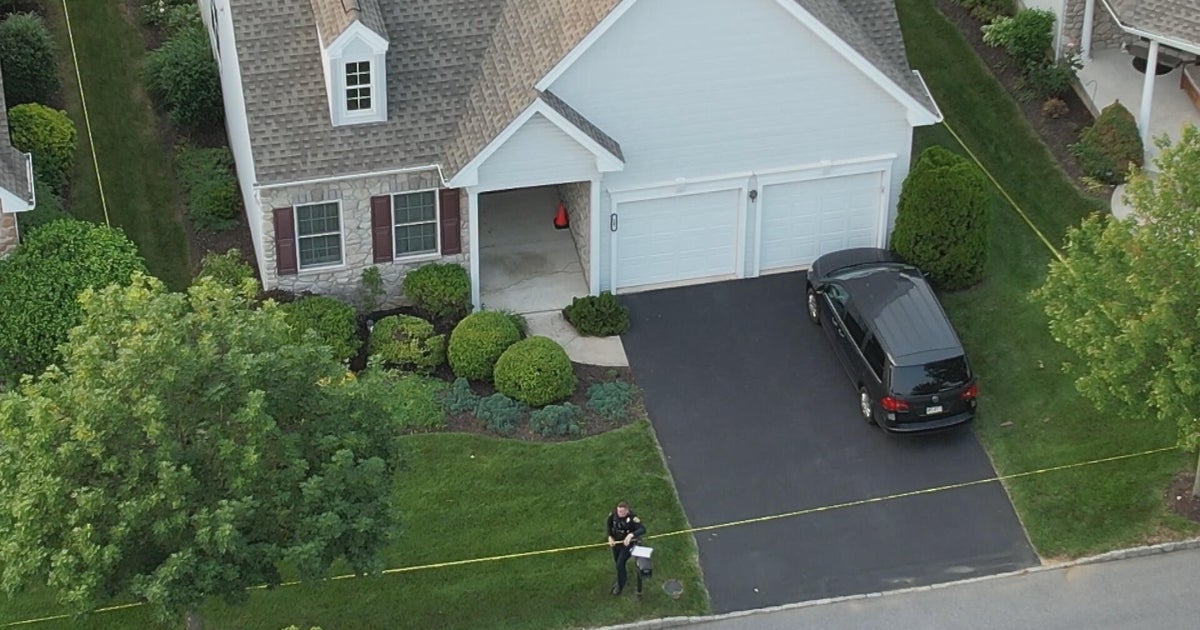Retrial Opening Statements Begin In 1979 Missing-Child Case Of Etan Patz
NEW YORK (CBSNewYork/AP) -- Prosecutors on Wednesday opened the retrial of one of the nation's most influential missing-child cases, the 1979 disappearance of Etan Patz.
"It's a cautionary tale, a defining moment, a loss of innocence in this city and every other city where it was talked and written about,'' Manhattan Assistant District Attorney Joan Illuzzi said as opening statements began. "It is Etan who will forever symbolize the loss of that innocence.''
Suspect Pedro Hernandez sat impassively as his retrial opened in a case that eluded investigators for decades, ratcheted up Americans' consciousness of missing children and now centers on whether a chilling confession was true. A jury deadlocked last year.
With Etan's father and Hernandez's wife and daughter looking on, the trial began as an echo of the haunting story that unfolded over four months last year -- so haunting that many of the jurors and alternates from the last trial were in the audience Wednesday to watch.
Prosecutors say Hernandez, 55, hid a brutal secret for more than 30 years. His lawyers say he's mentally ill and falsely confessed to waylaying and killing Etan as he walked to his school bus stop on May 25, 1979.
Etan's 6-year-old face became one of the first missing children's portraits that Americans saw on milk cartons, and the anniversary of his disappearance became National Missing Children's Day. His parents helped push for a law that modernized how law enforcement handles missing-child cases.
But his body has never been found.
Hernandez' lawyers say that search has led to the wrong man.
"As human beings, all of us --- have sympathy for the Patz family. That is not the issue here,'' defense lawyer Harvey Fishbein said during jury selection.
Hernandez emerged as a suspect in 2012 based on a tip and a videotaped confession that prosecutors say was foreshadowed by remarks he made to friends and relatives in the 1980s.
In Hernandez's videotaped, hourslong confessions, he said he offered Etan a soda to entice him into the basement of the bodega where he worked. He told authorities he then choked Etan, put the body in a bag and a banana box and dumped it about two blocks away.
"I wanted to let go, but I just couldn't let go. I felt like something just took over me," Hernandez said on video, describing how he choked the boy after luring him to the convenience store basement with the promise of a soda. Prosecutors suggest the motive was sexual.
The defense aims to persuade jurors the confession is fiction, imagined by a man with a history of hallucinations and an IQ in the lowest 2 percent of the population, and fueled by more than six hours of police questioning off-camera.
Defense psychological experts said Hernandez had given them dreamlike accounts of the killing, at points saying as many as 15 mysterious people were on hand, some wearing hospital gowns and pearls. He wavered on whether or not it actually happened, the defense doctors said.
"From his perspective, the level of reality is all the same,'' psychiatrist Dr. Michael First, an editor of a widely used diagnostic manual for mental disorders, testified at the first trial.
The defense also suggests the real killer may be a convicted Pennsylvania child molester who was a prime suspect for years. He has denied involvement in Etan's death.
(TM and © Copyright 2016 CBS Radio Inc. and its relevant subsidiaries. CBS RADIO and EYE Logo TM and Copyright 2016 CBS Broadcasting Inc. Used under license. All Rights Reserved. This material may not be published, broadcast, rewritten, or redistributed. The Associated Press contributed to this report.)

